The latest figures, from 2019, revealed that 10 million people fell ill with tuberculosis (TB) worldwide in one year, and 1.4 million died.
For years, TB was the world’s largest infectious killer, beaten only by COVID-19. Yet TB is preventable and curable. Newer, more optimal medicines can help dramatically reduce the duration and side-effects of treatment – but patent barriers, including those put up by Johnson & Johnson, are holding back progress.
The company’s prices are prohibitive, and the cost is human life.
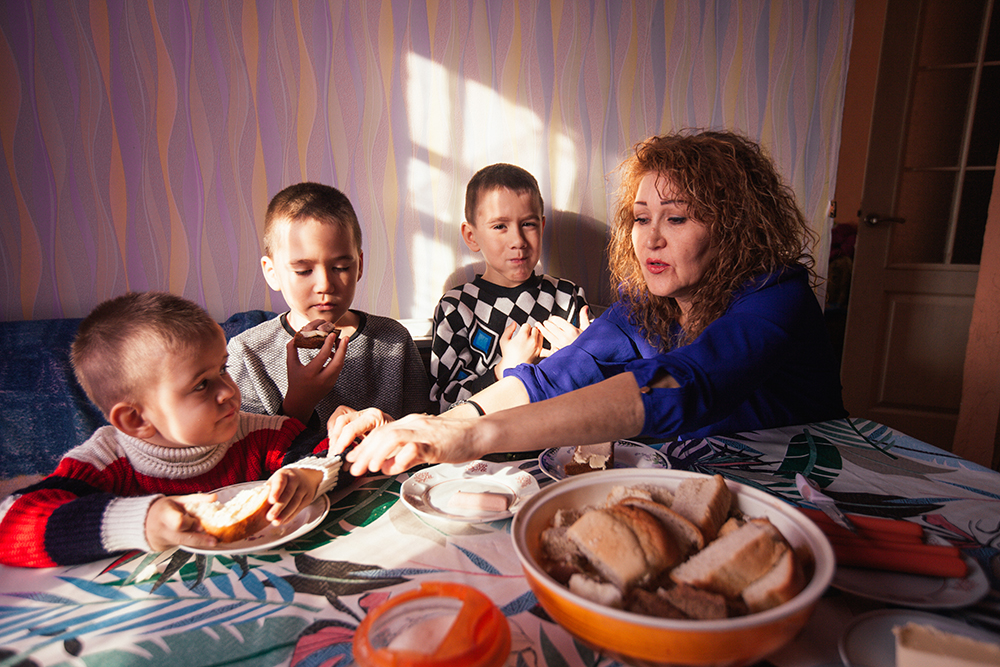
“Everybody turned their backs on me,” says Venera, from Almaty, Kazakhstan. She was first diagnosed with TB in 2008, and again a year later. She experienced stigma and discrimination at the hospital, while pregnant, and there was even an attempt to remove her first child from her custody, on account of her TB and HIV status. “I am cured of TB and I have been taking HIV treatment regularly since 2012… I work for a NGO with TB patients. I like helping people, informing them of their rights.” © Didar Kushamanov/Majority World/MMA

TB is preventable and curable, yet in 2019, 10 million people fell ill with TB worldwide, and 1.4 million died. TB remains the number one cause of death among people living with HIV. © via istock
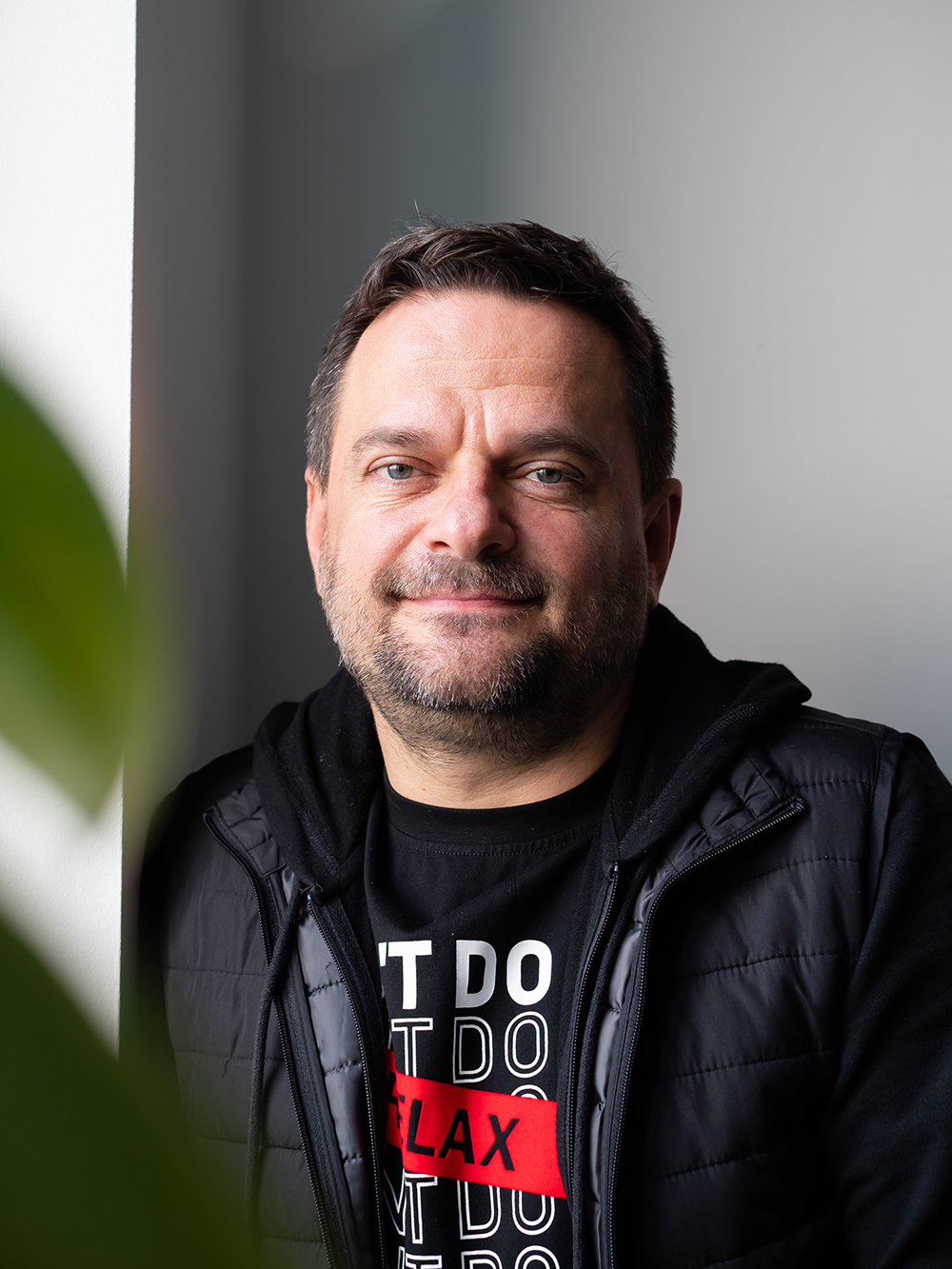
“I never expected to be a parent… my biggest desire was to be a father, but at that time, when my treatment started, when I was in a hospital with three diseases (HIV, TB and Hepatitis C), I wouldn’t have dared to dream,” says Dima. Dima began treatment six or seven years after his HIV diagnosis. “By that time my immunity was badly affected… it was literally my survival therapy. If hadn’t started then, I wouldn’t be alive now. I have two boys, 12 and 8. They are a miracle to me” – Dima Sherembey, Head of 100% LIFE’s Coordination Council, Kyiv, Ukraine. © Gemma Taylor/MMA

Newer, optimal TB regimens dramatically reduce treatment time; allow people to largely be treated at home; and with less side-effects. Bedaquiline (BDQ) is a core component of these new regimens. A large amount of public money was invested in drug development, yet pharma company Johnson & Johnson has applied for numerous patents around the world, and chooses to overprice the drug – meaning millions are still risking serious side-effects from older medicines. © via istock
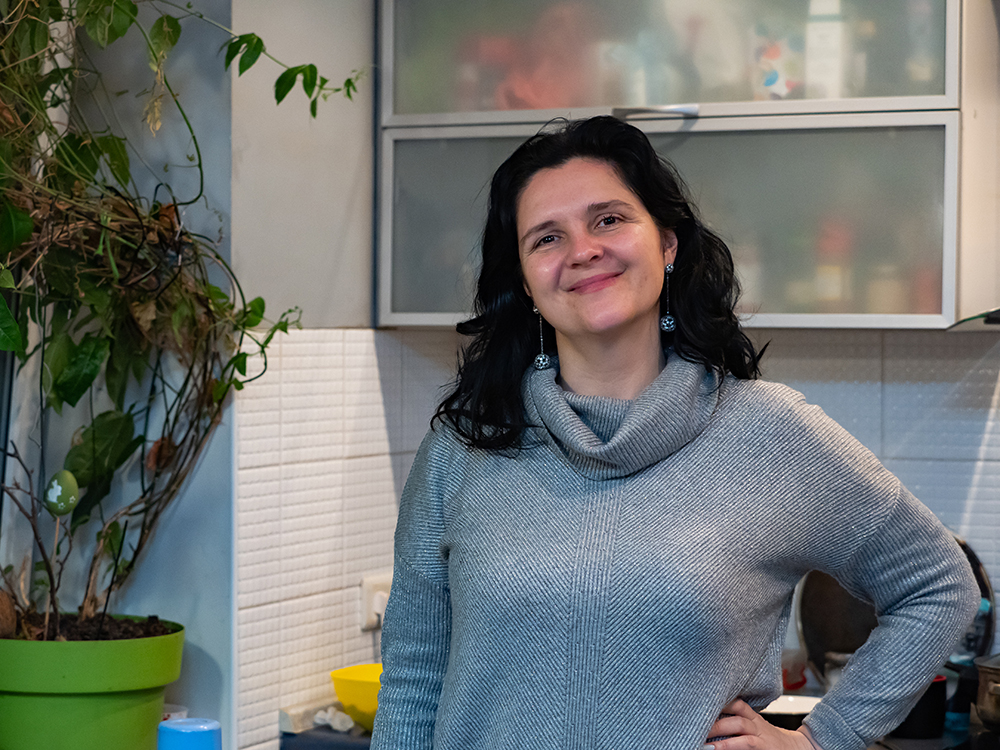
Newer treatments can reduce dramatically treatment time, from approximately two years, down to 9-12 months. When Krystyna was diagnosed with TB, she was told at one point that she would have to be hospitalised for 6 months. “I had to work, pay my rent, look after my daughter, how could I?”. © Gemma Taylor/MMA
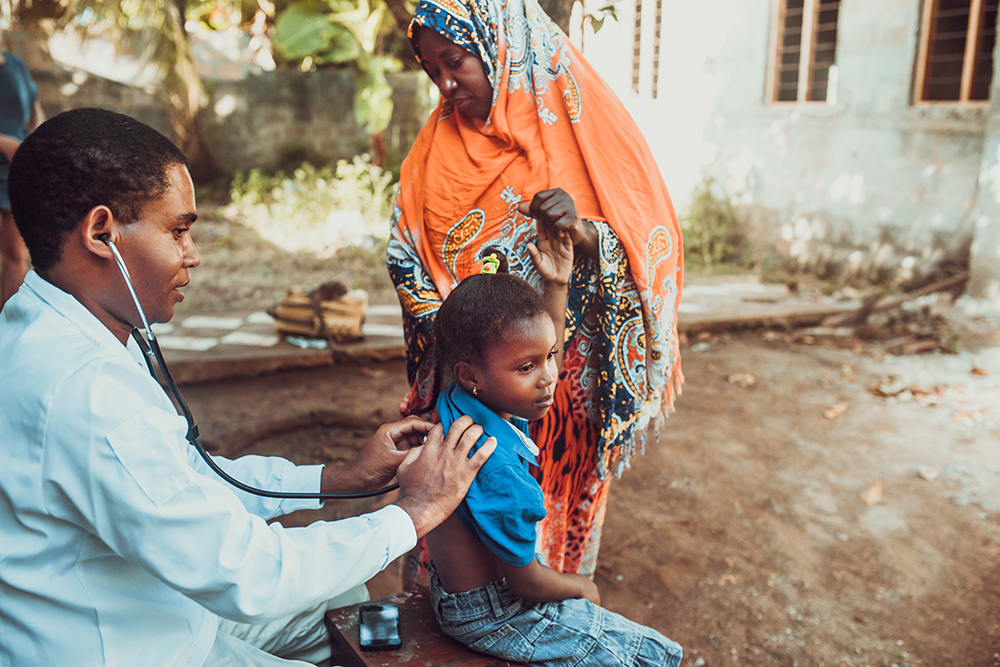
In 2019, 1.2 million children fell ill with TB. Johnson & Johnson has applied for patents on its pediatric version of BDQ, meaning many children around the world will suffer unnecessarily as they wait for more optimal treatment. J&J’s patent barriers mean many countries can’t afford the spurious price tag. © via istock

The pediatric version is simply a soluble version of the adult version. As it is not substantially different to the adult version it lacks ‘inventive step’ and therefore there are no grounds for patenting. © via istock
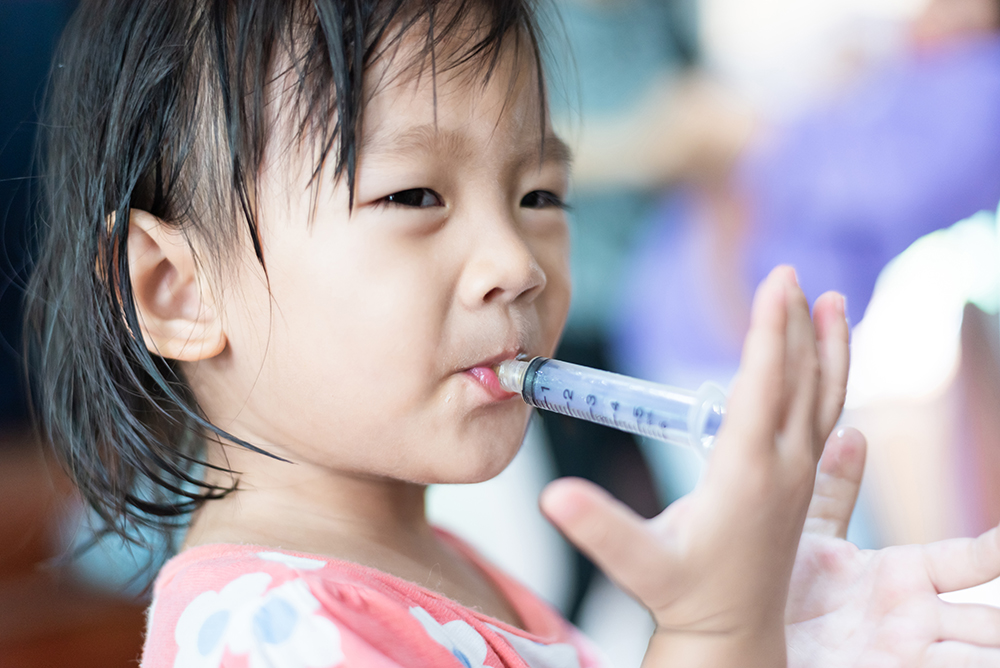
When comparing the difference between the adult and paediatric version of BDQ, the changes are “obvious to any average expert in that sphere”. ‘Obviousness’ is also grounds for rejecting patents. In this case it is not just obvious to experts, but to parents worldwide, who have always mashed pills into bananas, or dissolved them into drinks to make it easier for children to take medicine. © via istock
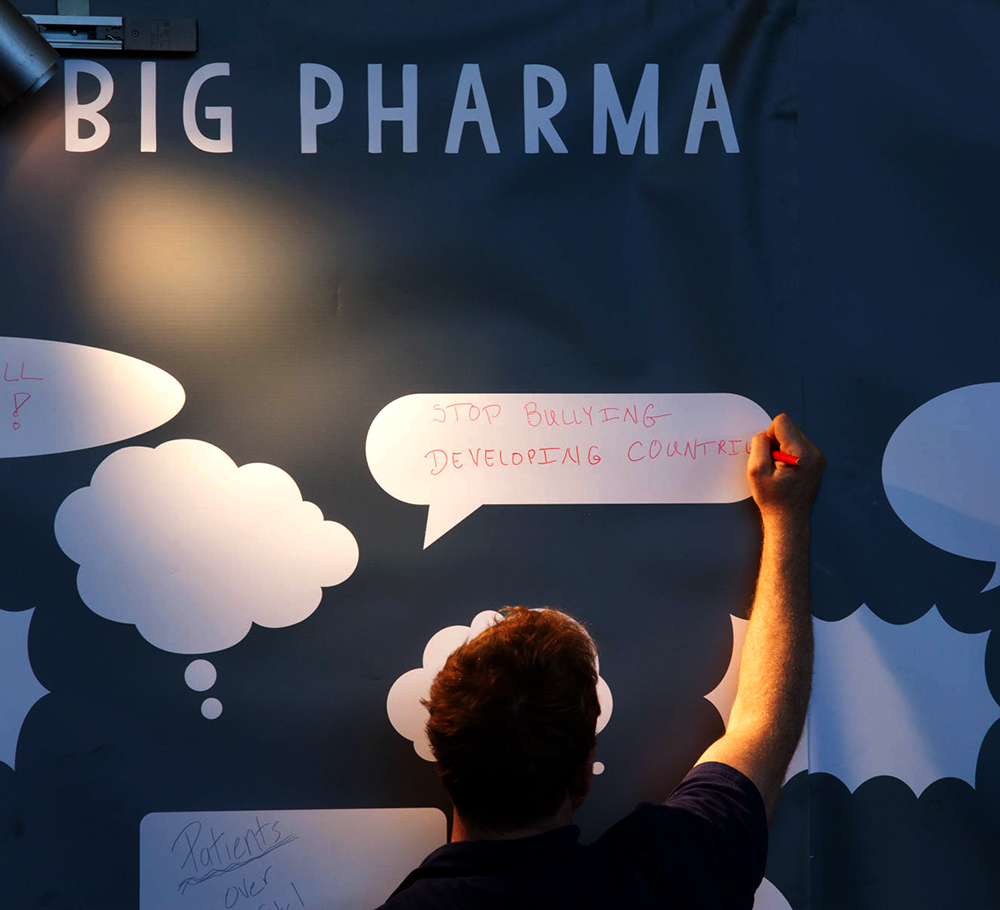
MMA works to bring down the price of HIV, TB, Hepatitis C and potential COVID-19 medicines in middle-income countries (MICs). The income classification of these countries means they are routinely left out of voluntary schemes, yet are far from able to pay what monopoly holders demand. This forces countries to ration. © GTaylor/MMA
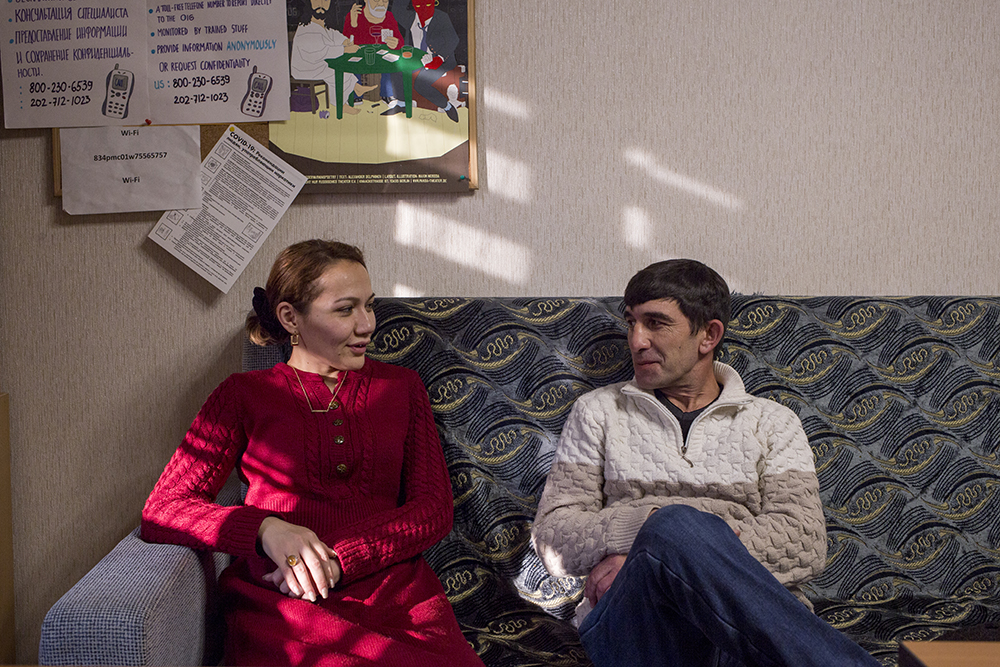
Sabina and Evgeniy at an organization which supports people diagnosed with TB in Bishkek, Kyrgyzstan. Evgeniy, a social worker, is concerned that access to treatment will get worse when Global Fund support withdraws from the country. Kyrgyzstan, Kazakhstan, Belarus and Thailand are the four most recent countries to oppose Johnson and Johnson’s patent applications on TB drug, bedaquiline (BDQ) – & the worldwide opposition is continuing to grow. It is time for Johnson and Johnson to recede this tactic and withdraw all patents on BDQ. © Svetlana Zelenskaya/Majority World/MMA




